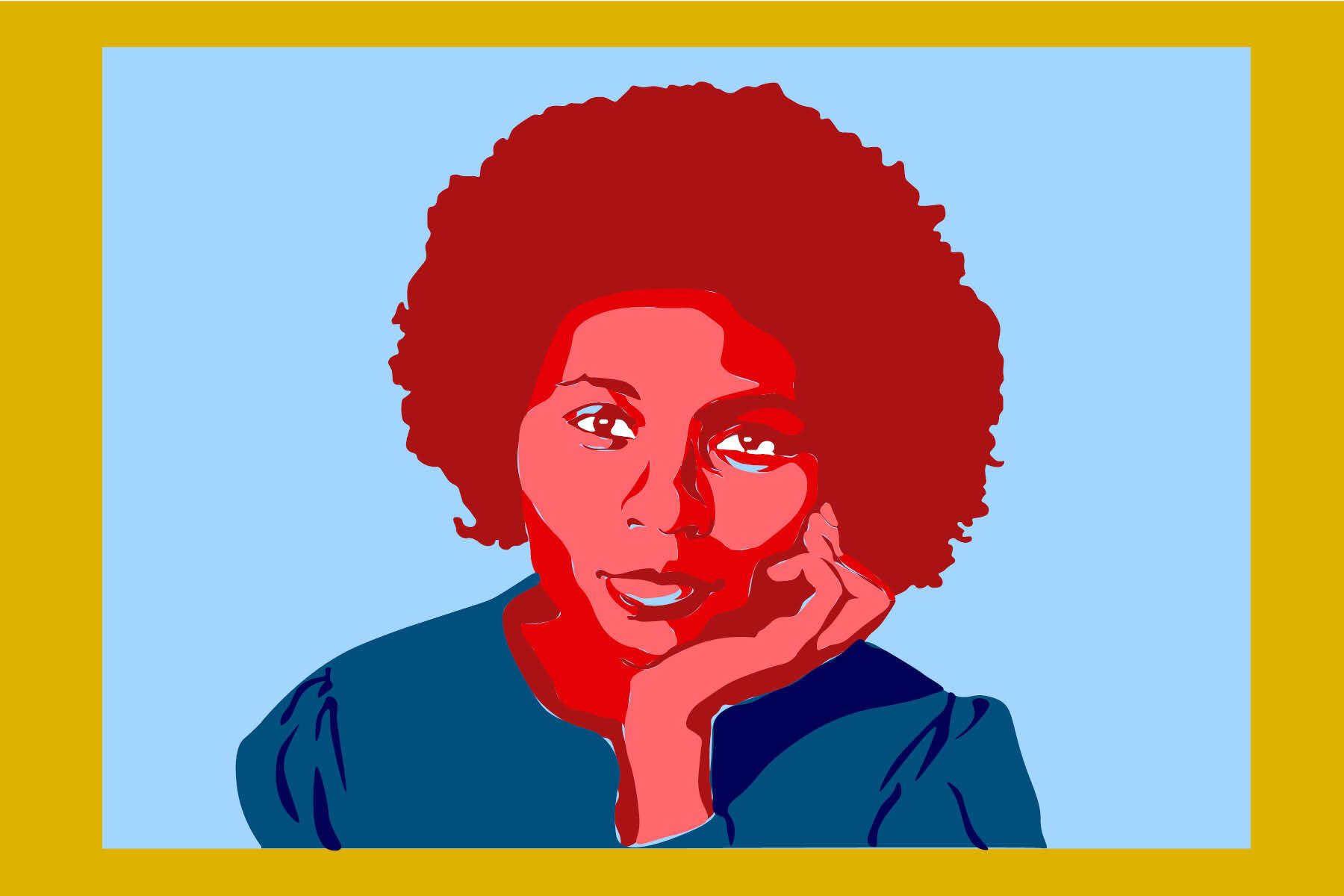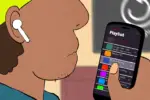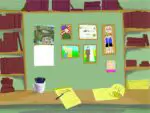As one of the most well-known intersectional feminist activists and scholars in American history, bell hooks is singular in her ability to articulate meaning and emotion. Her book “All About Love” is no exception. In the introduction of the book, hooks notes that the United States “is a culture driven by the quest to love.” Love is the central theme of the vast majority of popular cinema, music and literature. However, she observes that despite this obsession with love, lovelessness tragically pervades America. “All About Love” is an attempt to teach her fellow citizens how to return to love. She believes that the answer lies within a “love ethic,” wherein each person leads their life in a love-conscious way.
Each chapter of “All About Love” focuses on a different aspect of love. As the most powerful and influential human emotion, it affects all facets of our lives. Although each section contains important reflections on love’s power, those about platonic and familial love are the most profound and enduring. Within the pages of hooks’ work are lessons and observations that are crucial to society amidst recent political unrest.
Throughout the last few weeks, turning on any news station promises images of suffering. Police brutality, protests gone wrong and the enduring global pandemic all continue to severely affect America. Therefore, hooks’ work on the importance of living with a “love ethic” is more important than ever.
According to hooks, “A love ethic presupposes that everyone has the right to be free, to live fully and well.” Hooks’ words are similar to the premise of the American Declaration of Independence, which asserts that everyone has the right to life, liberty and the pursuit of happiness.
In the context of policing and mass incarceration, the notion of living freely is empowering. Across the nation, citizens are fighting against oppression and corruption to secure their “right to be free, to live fully and well.” Those who disapprove of the protests argue that violence is never the answer and that it is always better to act peacefully and calmly. But in “All About Love,” hooks postulates a love ethic justifies all fights for freedom. But how, exactly, can people incorporate a love ethic into their lives?
Hooks relies on three important concepts to explain love’s role in her readers’ lives: love, community and empathy. In the first chapter of “All About Love,” hooks establishes that she employs psychiatrist M. Scott Peck’s definition of love. He says that love is “the will to extend one’s self for the purpose of nurturing one’s own or another’s spiritual growth.” He also emphasizes that love must have intention, and therefore it is a choice. In order to live and act with love in one’s heart, one must choose to invest in others.
Often, hooks says, opportunities to invest in others arise within the framework of a community. She again references Peck here, who defines a community as people “who have learned how to communicate honestly with each other, whose relationships go deeper than their masks of composure, and who have developed some significant commitment to ‘rejoice together, mourn together,’ and to ‘delight in each other, and make other’s conditions our own.’”
The final part of this description closely resembles the meaning of the word “empathy.” Empathy is the capacity to understand and be sensitive to the experiences of others. During a time when many people are going through hardship and need help, empathy is a valuable tool. “All About Love” clearly demonstrates that being empathetic is vital for living with a love ethic.
The idea of empathy presented in “All About Love” may seem more like a moral imperative than a mere option. Yet this dichotomy is one that is wholly present in modern politics. Indeed, some prominent differences between left and right-wing political ideologies relate to empathy.
The Black Lives Matter movement is a current example of this contrast. For people who unite behind the rallying cry of “Black Lives Matter,” it does not matter whether or not police brutality directly impacts their race. So long as there are people in their community who suffer abuse and oppression, allies will be there.
Many opponents of the movement have countered the notion that “Black Lives Matter” with the idea that “All Lives Matter,” because they find that narrowing the focus to Black lives is harshly exclusive. They need to see themselves included due to their self-centric worldview to care.
However, hooks’ love ethic shows that people should express empathy for others even when they themselves are not involved. If all Americans were to follow hooks’ teachings, “All Lives Matter” would be obsolete. No one would center their own experiences in order to care about injustice. The knowledge that anyone at all is struggling would be enough of a cause to fight for change.
Finally, hooks leaves some particularly potent advice for weary souls. She says that “because we have learned to believe negativity is more realistic, it appears more real than any positive voice.” Positivity is valid and necessary in any situation. Even though times are tough and confusing right now, there is always hope.
As hooks conveys so beautifully in “All About Love,” love bolsters from behind and beckons forward. It is not naive or childish to believe in better days; it is brave to hold hope and love in one’s heart during strife and suffering. Above all, Americans must hold love within their hearts, and act with empathy in their communities to ensure that those who are suffering can one day live freely, fully and well.

















